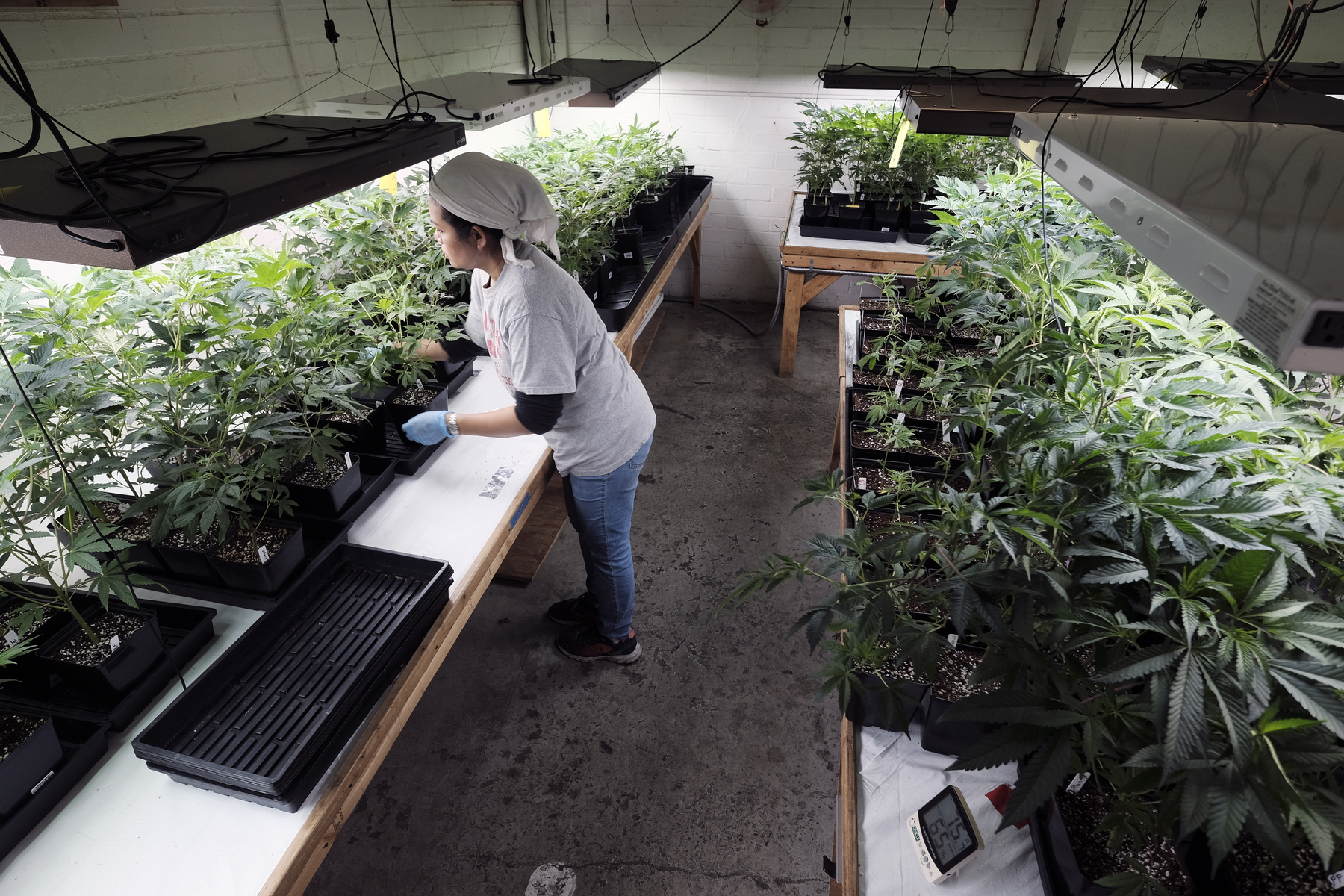Expungement clinics can change the legacy of cannabis in New York

It is often said that New York has laid the groundwork to establish one of the country’s most progressive and restorative adult-use cannabis programs. However, there is still much work to be done by lawmakers, regulatory bodies and established industry presences alike to make sure the goals established by the MRTA are not only met but exceeded.
One of these initiatives is to work to restore communities adversely affected by the War on Drugs and help reverse the ill-effects of cannabis prohibition, which is primarily being addressed through prioritizing cannabis licensing to minorities and justice-involved individuals (CAURD applicants).
While priority licensing is part of the solution, New Yorkers convicted of cannabis-related offenses should not have to seek active participation in the industry to reap the benefits of legalization. This is why the legal cannabis industry should be present within and connected to these communities though outreach initiatives and programs. One common activation included in these efforts is hosting an expungement clinic.

Brooklyn Boro
View MoreNew York City’s most populous borough, Brooklyn, is home to nearly 2.6 million residents. If Brooklyn were an independent city it would be the fourth largest city in the United States. While Brooklyn has become the epitome of ‘cool and hip’ in recent years, for those that were born here, raised families here and improved communities over the years, Brooklyn has never been ‘uncool’.